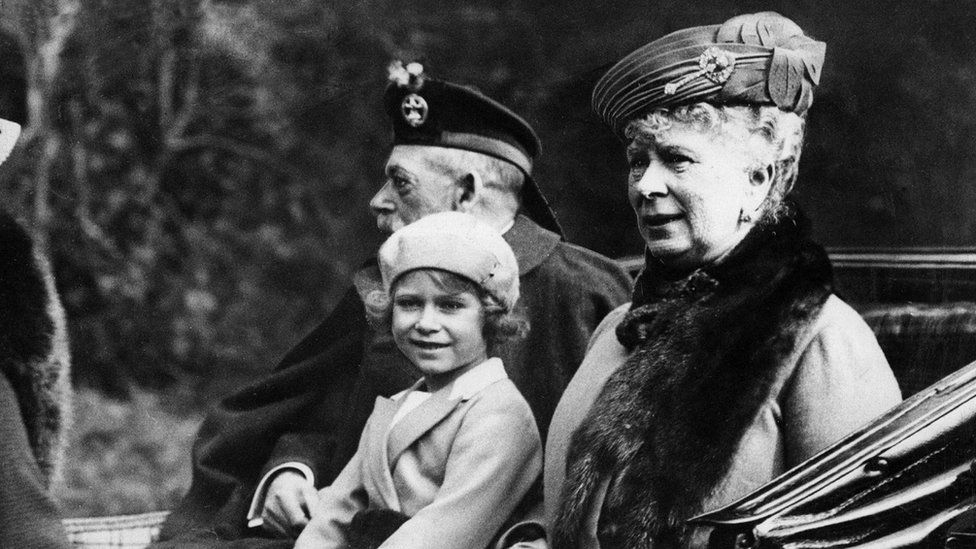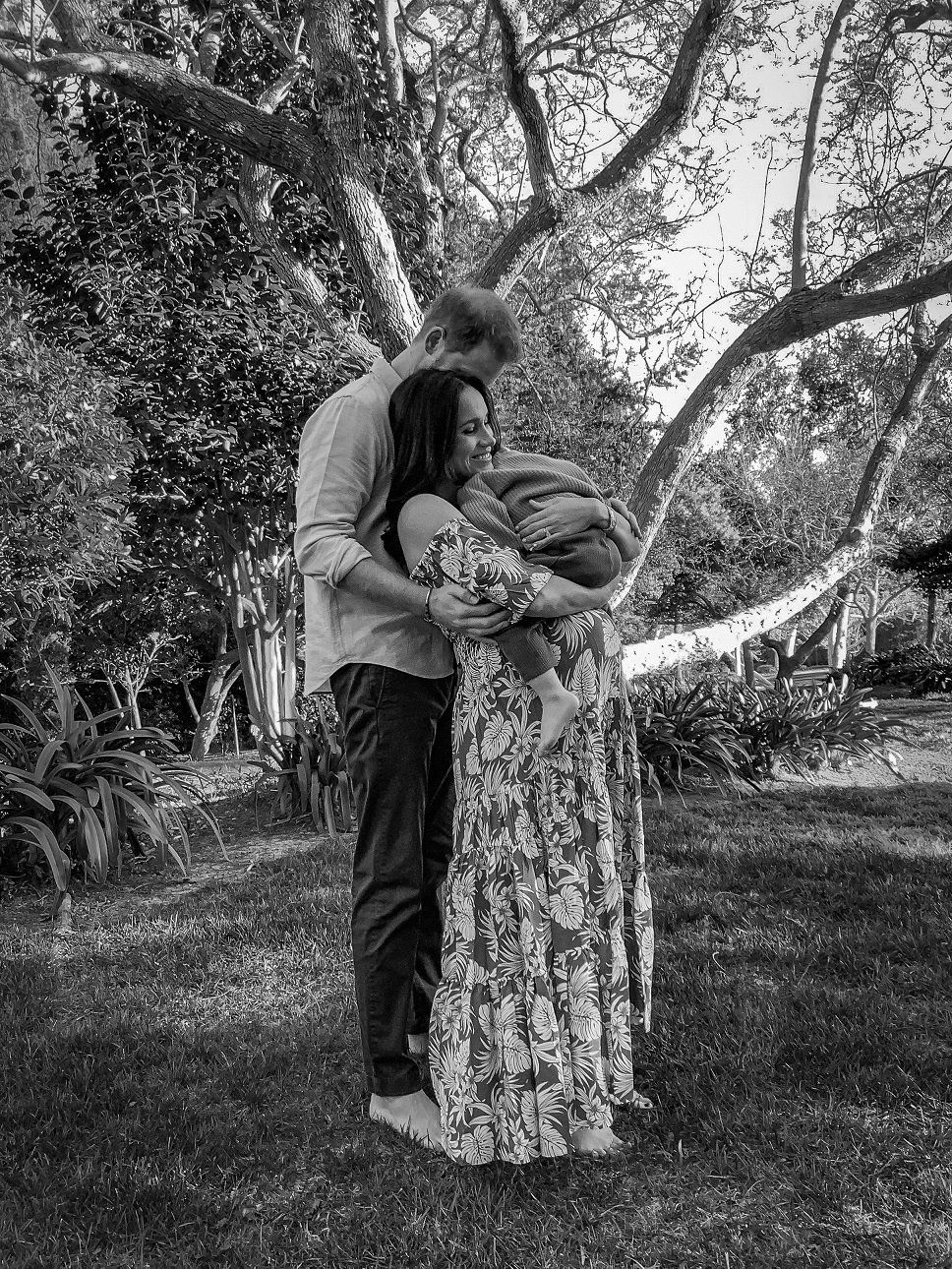Queen Elizabeth is delighted after the Duke and Duchess of Sussex announced the birth of their second child, Lilibet “Lili” Diana Mountbatten-Windsor, Buckingham Palace has said.
The Prince of Wales and the Duke of Cambridge also congratulated the couple on social media.
The Queen’s 11th great-grandchild was born on Friday at a hospital in Santa Barbara, California.
Lilibet was the Queen’s nickname when she was a child.
Buckingham Palace said: “The Queen, the Prince of Wales and the Duchess of Cornwall, and the Duke and Duchess of Cambridge have been informed and are delighted with the news.”

Prince Charles, Prince Harry’s father, and the Duchess of Cornwall tweeted: “Congratulations to Harry, Meghan and Archie on the arrival of baby Lilibet Diana. Wishing them all well at this special time.
Prince William and the Duchess and Cambridge said: “We are all delighted by the happy news of the arrival of baby Lili.”
Prime Minister Boris Johnson sent his “many congratulations” to the couple and Labour leader Sir Keir Starmer welcomed the “wonderful news”.
Lilibet was born at 11:40am local time, weighing 7 lbs 11oz.
She is eighth in line to the throne – meaning Prince Andrew, who was born as second in line in 1960, moves down to ninth place.
Lilibet – the Queen’s family nickname – was coined when then-Princess Elizabeth was just a toddler and could not pronounce her name properly.
Her grandfather, King George V, would affectionately call her Lilibet, imitating her own attempts to say her name. It soon stuck and she became Lilibet to her family from then on.

Prince Harry and Meghan said their baby’s middle name, Diana, was chosen to honour her “beloved late grandmother”, the Princess of Wales.
In a message of thanks on the couple’s Archewell website, they said: “On June 4, we were blessed with the arrival of our daughter, Lili.
“She is more than we could have ever imagined, and we remain grateful for the love and prayers we’ve felt from across the globe.
“Thank you for your continued kindness and support during this very special time for our family.”
The message adds that anyone wishing to send gifts is asked to “support or learn more about” organisations working for women and girls.
They have not released any photos of their daughter.
Use of the “very special and intimate” name Lilibet will not have come as a surprise to the Queen, according to Sunday Times royal editor Roya Nikkhah who suggested the monarch would have been asked or informed of the choice beforehand.
She told BBC Radio 4’s Today programme: “It’s that very intimate name that the Queen has used since she was very little and for me I thought perhaps this is a diplomatic olive branch offered to the Royal Family after what has been a fractious year between Harry and Meghan and the rest of the Royal Family.”
Prince Harry, 36, and Meghan, 39, met on a blind date and married in May 2018 in a ceremony at Windsor Castle. They welcomed their first child, Archie Harrison Mountbatten-Windsor, a year later.
Meghan’s friend, Misan Harriman, who took black-and-white photographs of the couple for their pregnancy announcement, tweeted his congratulations: “Lilibet has arrived! Congratulations to my brave friend and her lovely family!”

Prince Harry has publicly reflected on his approach to parenthood recently, saying he wanted to “break the cycle” of the “pain and suffering” of his upbringing with his own children.
He and Meghan quit their roles as senior working royals in March 2020. Speaking last month, the duke said moving to the US had not been part of the plan, but he felt he had to put his family and mental health first.
As a result of the move, Lilibet is the most senior royal in the current line of succession to be born overseas.
Like her older brother Archie and most of the Queen’s great-grandchildren, she is not eligible to have a royal title.
Under rules laid out more than 100 years ago, she would not be allowed to be a princess nor an HRH until Prince Charles becomes king.
In November, Meghan revealed she had a miscarriage several months earlier, writing about her “almost unbearable grief” in a deeply personal article for the New York Times.
In the piece, she said “despite the staggering commonality of [miscarriages], the conversation remains taboo, riddled with (unwarranted) shame” and went on to commend those who “bravely shared their stories”, saying: “When one person speaks truth, it gives license for all of us to do the same.”